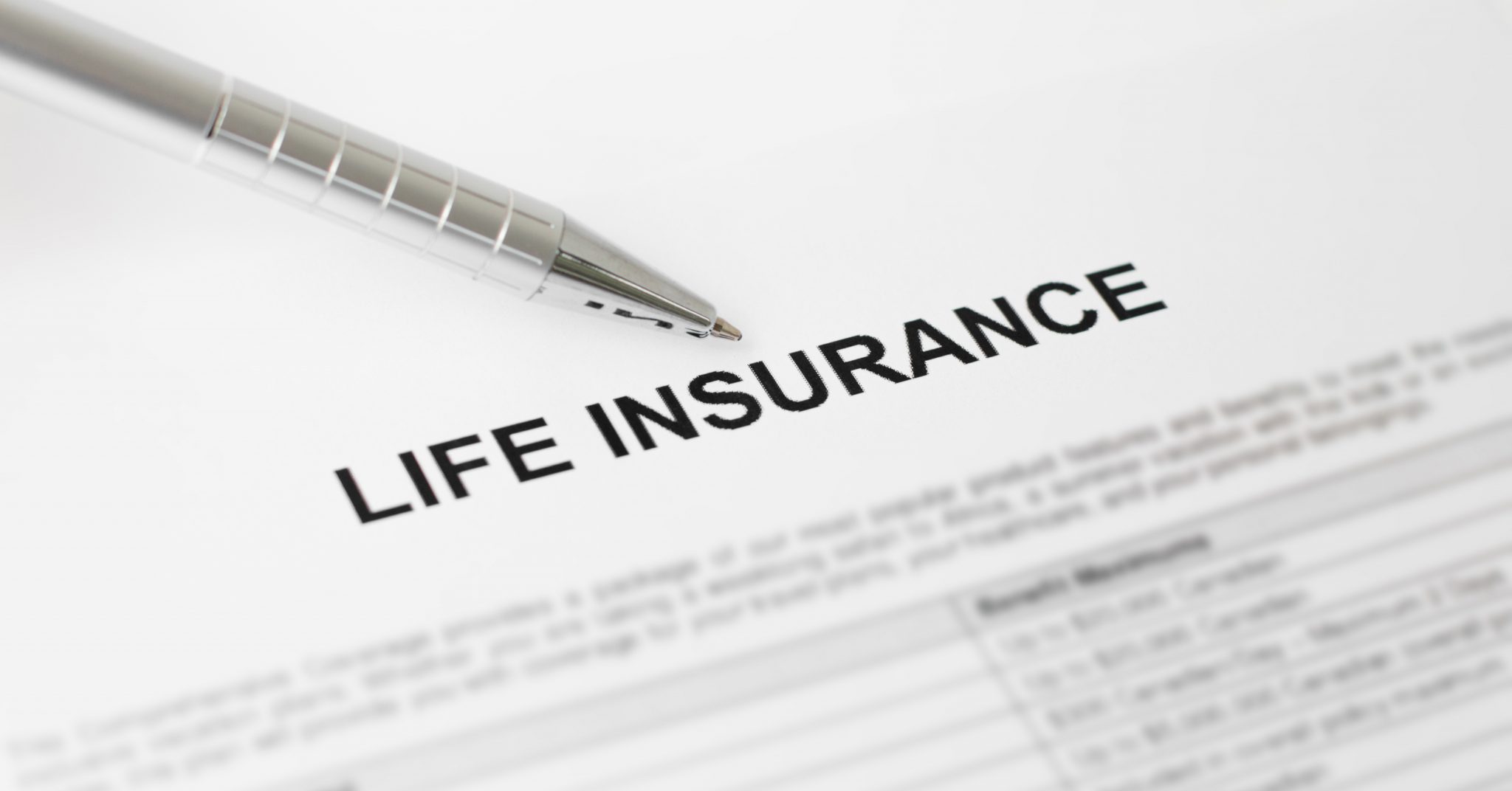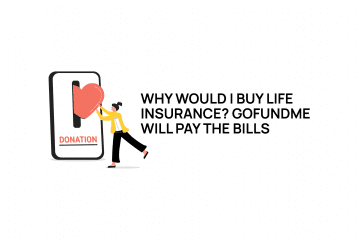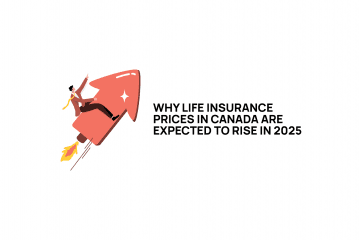We get asked from time to time by clients to name their estate as the beneficiary for their life insurance policy. This is a move that rarely makes sense.
The Basics
Life insurance has a couple of fundamental benefits. The ability to bypass your estate with the money from a life insurance policy is one of its most powerful tools. Unless you specify that you want it to, the death benefit payout from a life insurance policy never becomes a part of your estate. This means that the proceeds of the life insurance policy go directly to your beneficiary, bypass the Government of Canada’s bank account completely and your beneficiaries receive the full death benefit amount, tax free. For example, if your death benefit is for $500,000, your beneficiaries receive the full $500,000 free of any income tax. With that in mind, let’s look at what happens if you do use your estate as the beneficiary.
Naming Your Estate As Beneficiary
As mentioned earlier, one of the biggest advantages to life insurance is that if there is a named beneficiary for the policy, the money is paid directly to them. There is no income tax payable (in most cases) on the proceeds of the policy and probate taxes don’t apply either.
What is probate tax? When you do, the Government of Canada will take a listing of all of the assets that you owned… Real estate, bank accounts, investments, etc. and they assign a fair market value (FMV) to them at the time that you died. There is then a tax that is charged based on the total value of your estate.
If you name your estate as your beneficiary then the death benefit that is paid into the estate becomes part of this amount and is subject to probate taxes. You have effectively taken a sum of money that would have never been taxed and allowed it to have the Government charged probate tax on it. The amount of probate tax varies from province to province.
Here is a link with more information regarding probate tax.
Get a free quote
Creditors & Life Insurance
The next thing to consider with estate bypass is that this feature protects the death benefit from creditors that can make claims against your estate. There are many debts that do not die when you do. In these cases if you owe money when you die, that liability is subject to being paid out by your estate. Creditors expect that your estate will pay what you owe.
If you have a named beneficiary on your life insurance, the money that is paid out from the life insurance policy never becomes part of your estate. As a result, creditors can not claim against the funds from the policy.
If you have named your estate as beneficiary, then this money is fair game for creditors once it is paid. Whatever is left over will be paid out according to your will, but creditors are going to be paid off first.
Summary – Making Your Estate Your Beneficiary
Fundamentally, the advantages of life insurance are that it is a tax-free, lump sum payment paid to your beneficiary upon your death. It is not subject to probate fees and you are not required to pay creditors to the deceased’s estate with the money.
All of this requires that there is a named beneficiary to receive the funds. If you designate the estate as the beneficiary, you lose out on these benefits. Take the time to figure out who is the best beneficiary for your life insurance, ensure that they are properly named on your life insurance policy and take the steps to make sure that your beneficiary is always kept up to date. Review your life insurance policy at least every 1-2 years. It is in everyone’s best interest.




